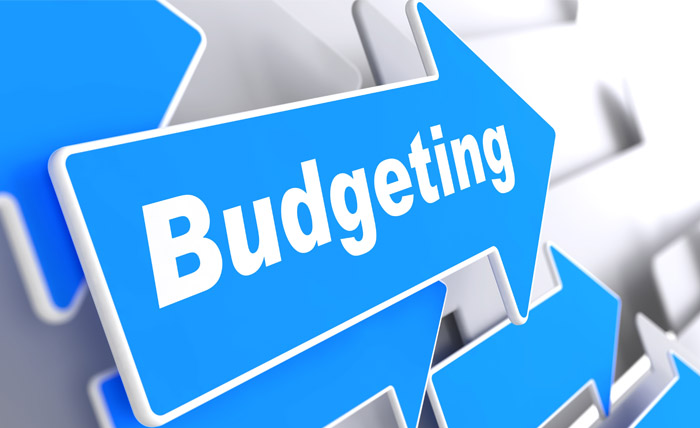
Budgeting can be a very boring and daunting task that many people would rather continue to put off instead of actually take action and set a budget they can stick to. You do not have to be an accountant in order to understand the process of budgeting and learning just what makes a successful budget work and most importantly how to stick to this budget over time. When you first begin to think about learning how to budget your bills and other monthly expenses, it is important to keep it simple from the beginning and create a basic outline of your budget to start with. Getting too complicated in the beginning can become frustrating and difficult if you are new to this type of financial control. You want to first start out with a sheet of paper with one side listing your assets and the other side listing your liabilities, your monthly or reoccurring bills.
Set Up Budgets. If you’ve already set up a budget, that one will appear. You’ll be able to edit it or create a new one. Select Profit and Loss to include all of the previous year’s activity and click Next. On the next screen, you can include criteria, (Customer:Job or Class),so you can budget for individual customers/jobs or classes instead of by account only. Leave this box unchecked for now. Indicate whether you want to start from scratch with your own figures or let QuickBooks pre-populate your budget with last year’s numbers. Click Create budget from scratch then Finish. You can decide if you want to have the same amount for each month, such as rent, or if you want to vary the amount by time of year (income and payroll fluctuate seasonally for many contractors and retailers). While you can’t enter a total and ask QuickBooks to divide it across the months, there are some fast ways to get some numbers entered and QuickBooks will total for you.
The problem with most people these days is that they get so comfortable with their expenses through the aid of credit cards. They become so indulged with cashless shopping that more and more people are spending more than what they can afford. For this reason, experts contend that budgeting can definitely alleviate the consumers from financial strain by managing their expenses and income instead of falling into the pit of liabilities.However, some people just contend that they cannot simply do budgeting alone. They insist that they need some help in order to come up with a reliable and workable budget.Thats why some financial experts have created some money budgeting software that will facilitate the creation of a good budget in order to promote wise money-saving strategies.Basically, money budgeting software assists an individual in his or her expenditures and uses the money sensibly. It helps you keep track of your expensesMoney budgeting software can definitely allow you to keep track of your expenses.
Emergency funds are considered to be a necessity as far as financial security is concerned, since it can provide one with financial resources that one can resort to and depend on when an emergency arises such that when one is sick and have the burden of paying huge medical bills, or unexpected home or major car repair. When one has no emergency fund, one can be obliged to acquire debt on your credit card that might take several years to repay with interest that would later cost so much more. However by putting an extra thirty to fifty dollars every month in an individual “emergency savings account” one can be secured with what emergency the future may bring. In doing this, it is recommended that one regards them as an additional bill, to be punctually paid each month. Yes, one can and should budget and allocate the extra money for emergency fund, as this is very significant when one refers to his “financial future”. Here, the goal is to create savings from budgeting your income; the emergency savings should ideally be equal to at least three months your living expenditures.
